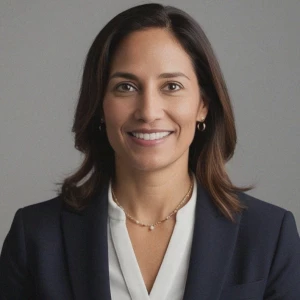Hi,
You don’t need to know everything, but you do need to show that you’ve put in the work. Interviewers aren’t expecting you to be able to build a full DCF model from scratch in Excel — especially in a first-round interview — but they are checking to see that you’ve taken the time to understand the basics and that you’re serious about this path.
At a minimum, you should feel comfortable explaining:
- What the three financial statements are and how they connect
- What Enterprise Value vs Equity Value means (and why it matters)
- The basic valuation methods (like DCF, comparables, and precedent transactions)
- Some simple accounting mechanics (like how depreciation or working capital affects cash flow)
It’s less about memorizing formulas and more about showing that you can think clearly and logically when asked to break things down. If you can walk through a simple concept with confidence and make it sound like you actually understand why it matters, you’ll be in a good spot.
Also — don’t underestimate the value of being calm and coachable. Sometimes an interviewer will ask a slightly tricky technical just to see how you react under pressure, not expecting a perfect answer, but just wanting to see if you can stay composed and reason your way through it.
Bottom line: get your fundamentals down, be honest about what you don’t know, and stay calm under pressure. If you can do that, you’ll stand out more than someone who’s just memorized answers.
Best,
Harrshit M Kansal, CFA, MBA








